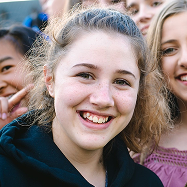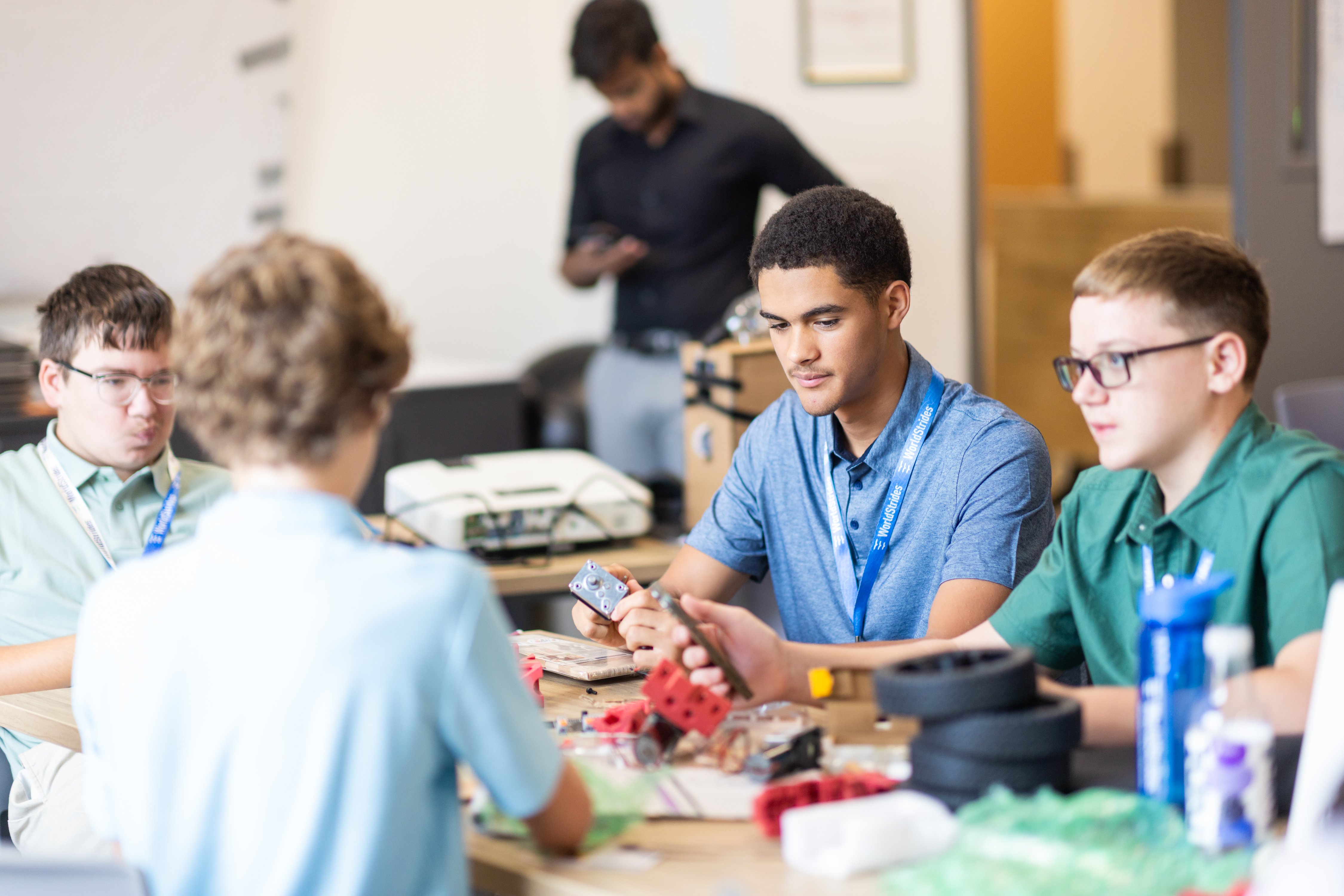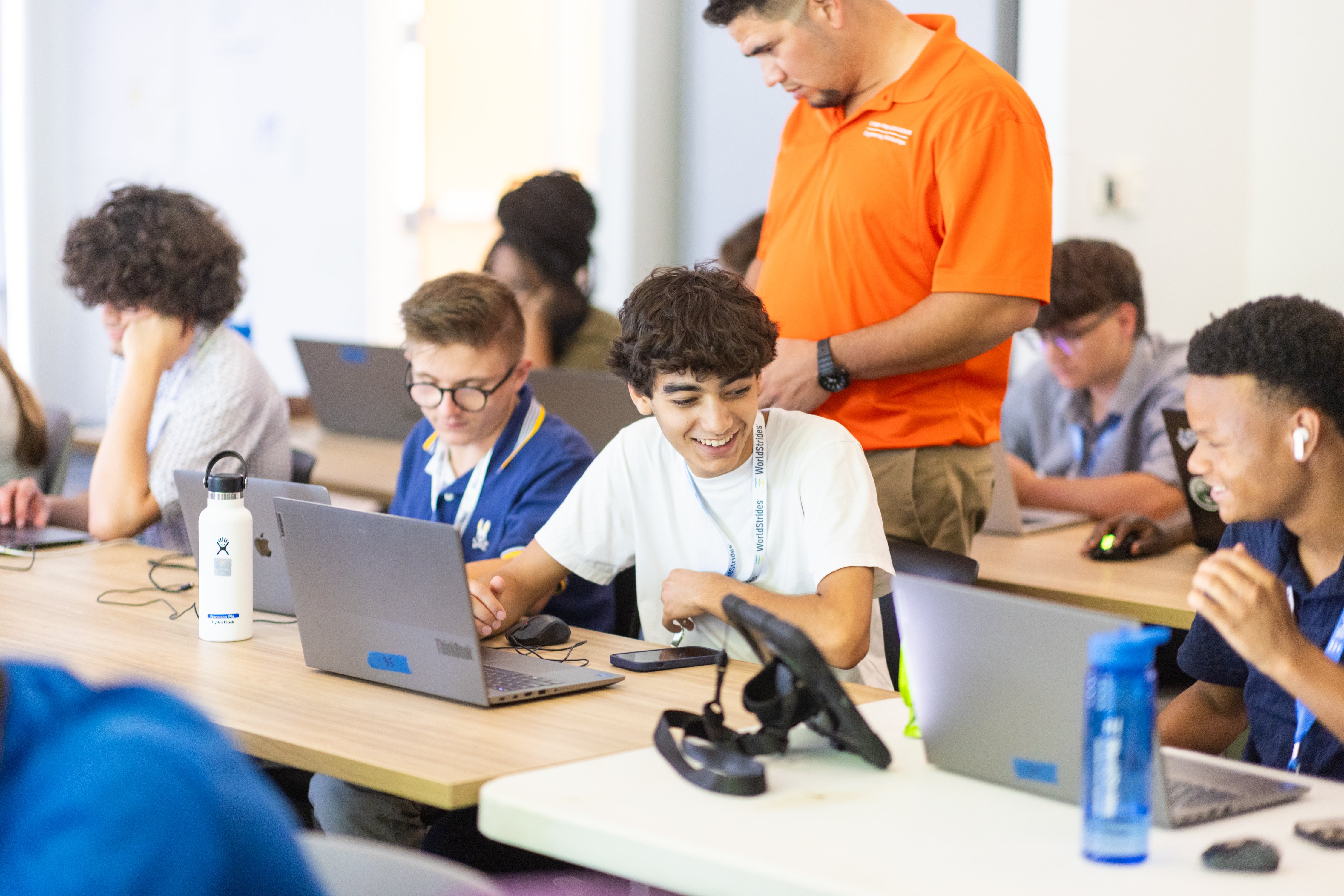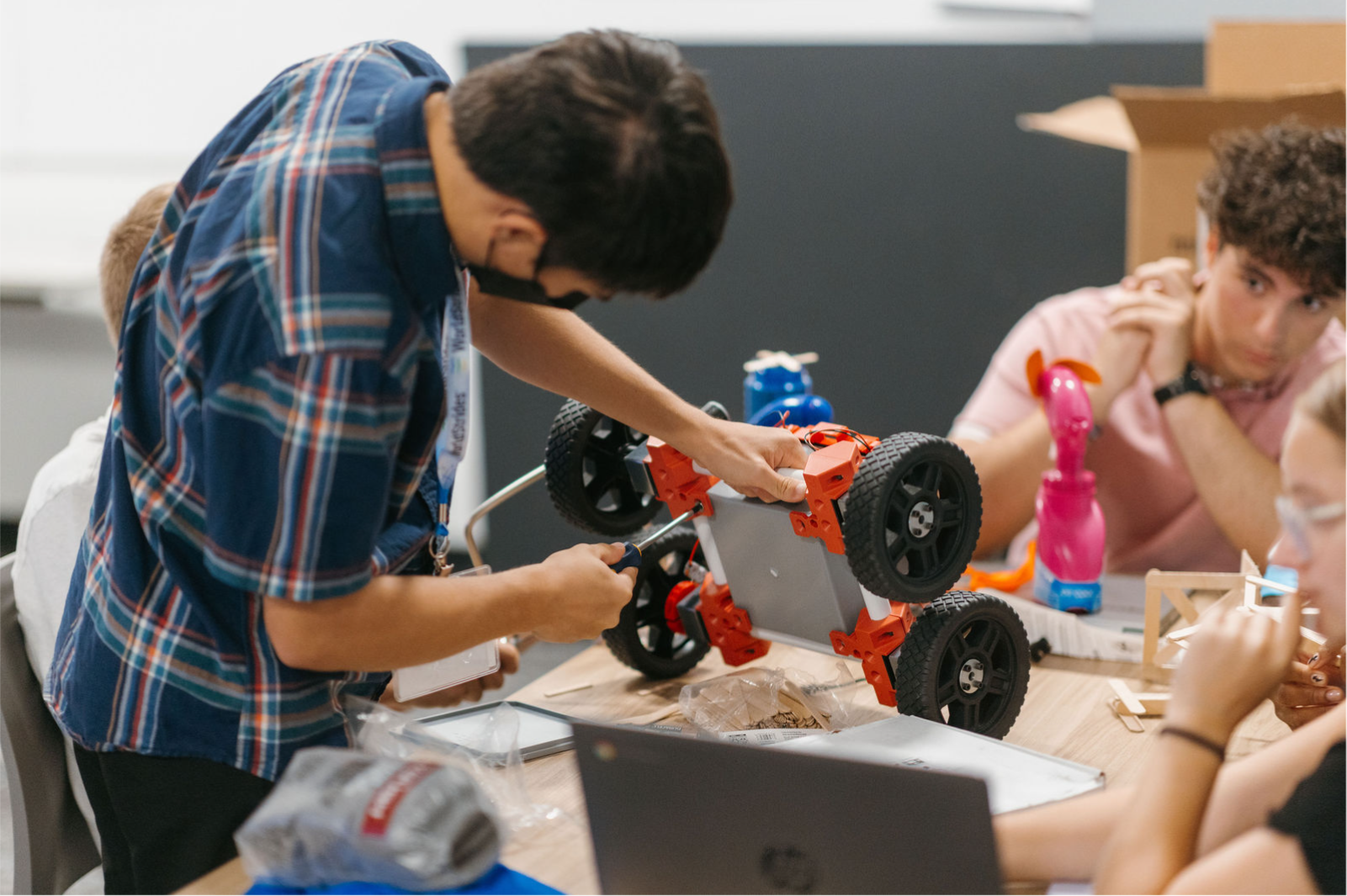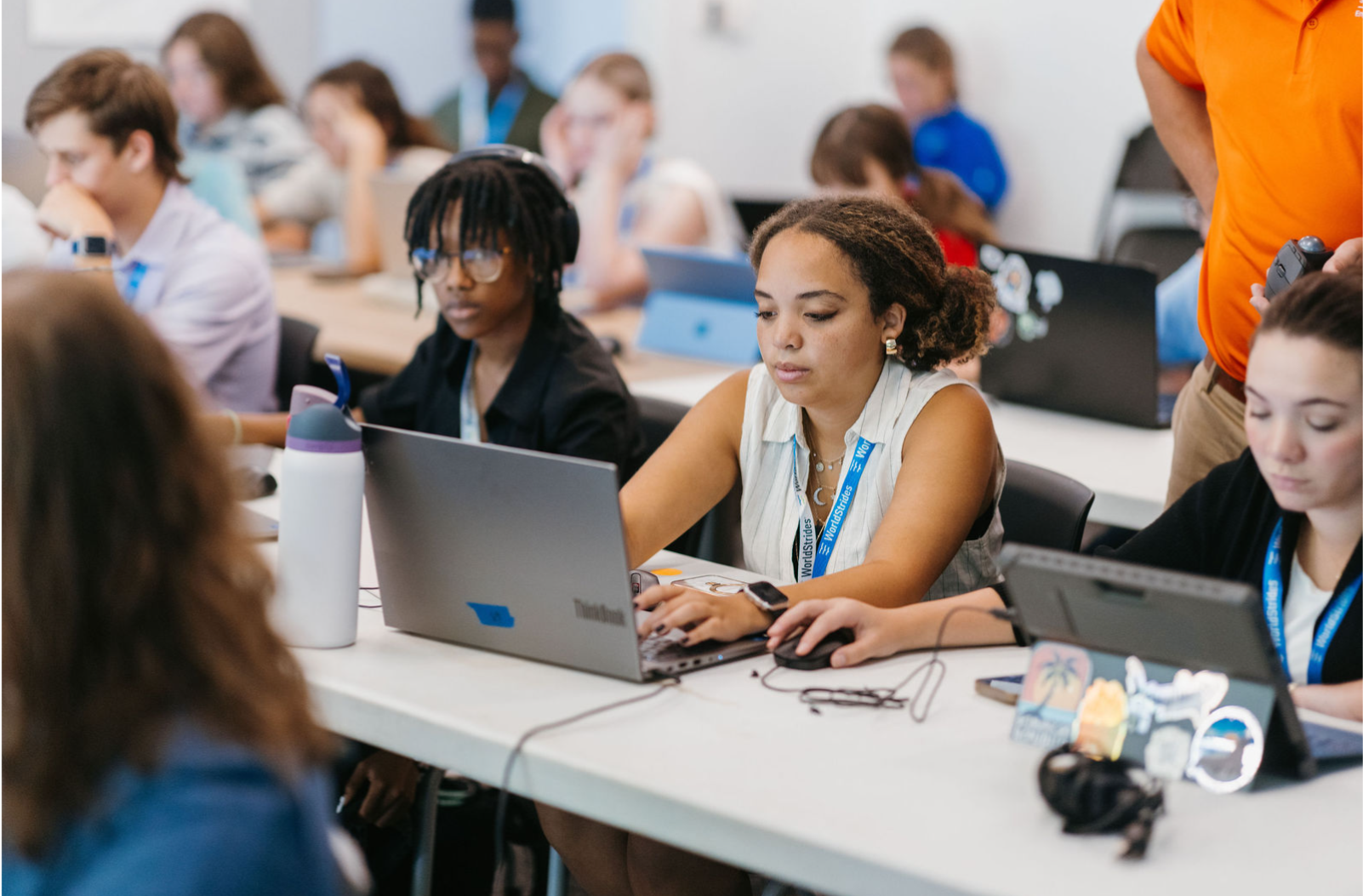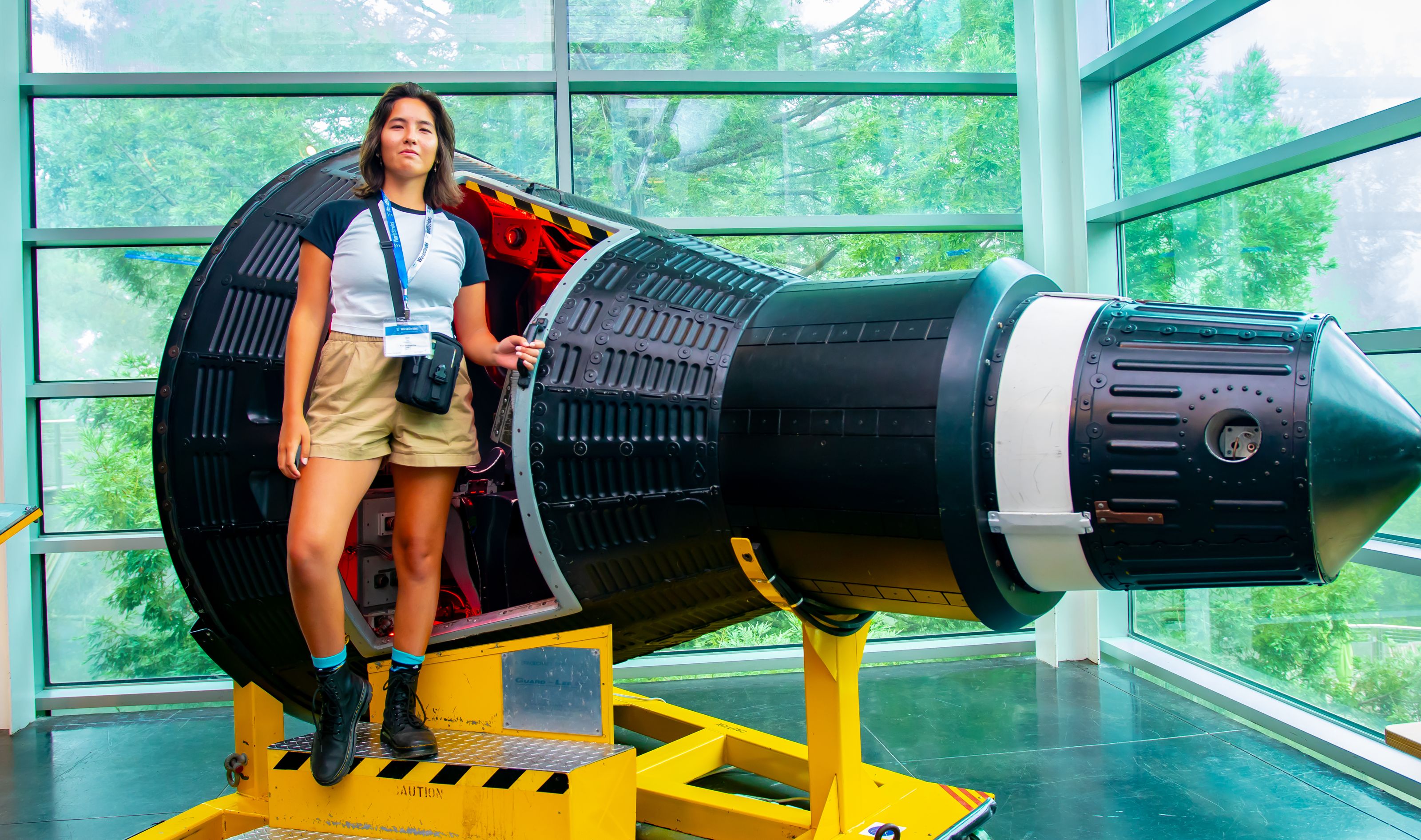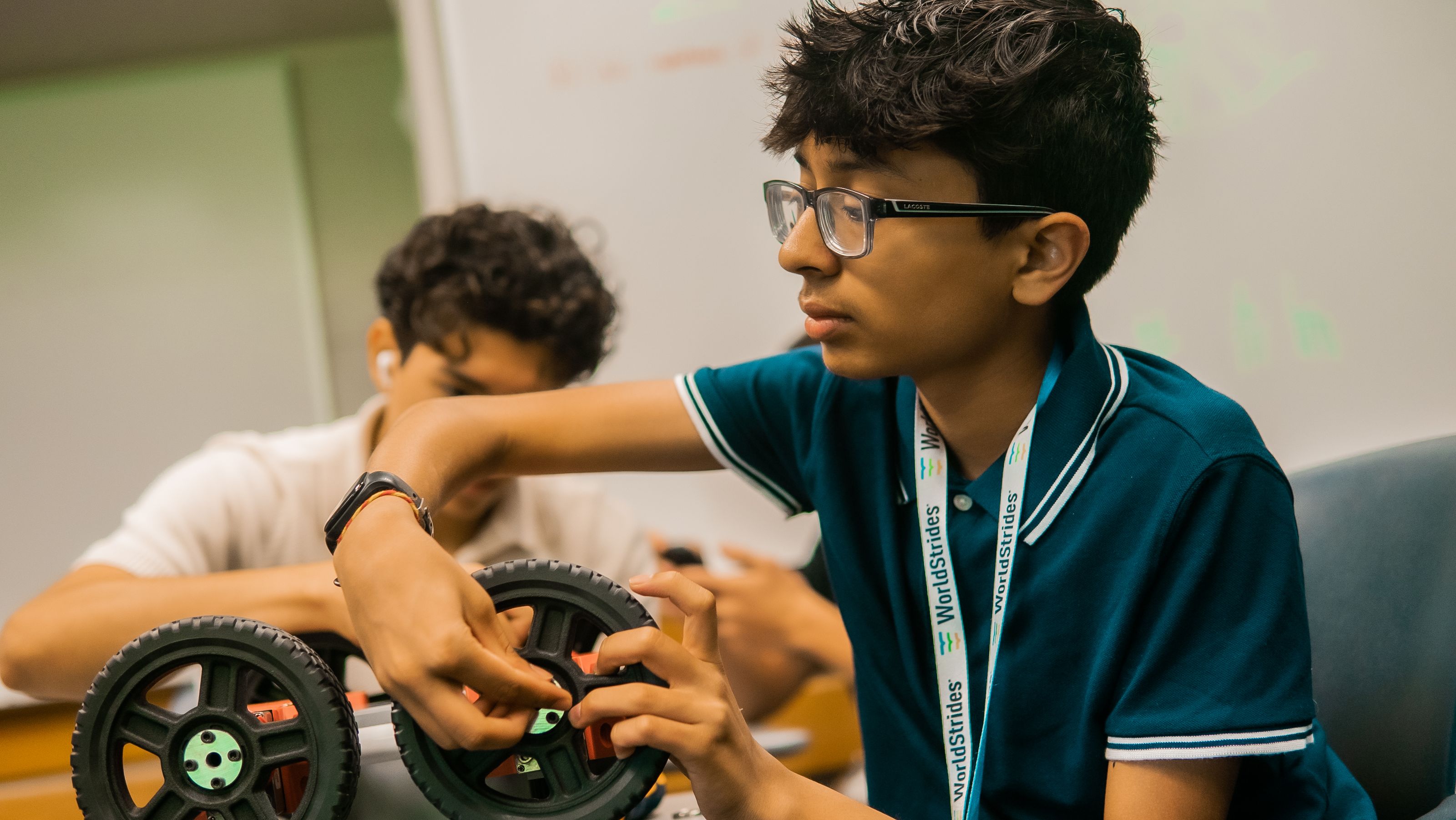- Step onto campus, immerse yourself in the excitement as you navigate registration, connect with peers, and set the stage forthe week ahead.
Engineering
Discover, design, and build your way to a future in engineering by tackling real-world challenges while experiencing campus life at universities like Yale, UCLA, Michigan, and more.
Let's connect
Your Blueprint for Engineering Excellence
Imagine collaborating with future innovators in a high-tech university lab, designing and building products to address UN Sustainable Development Goals. At the National Youth Leadership Forum (NYLF): Engineering, you'll master CAD software and microcontroller programming alongside accomplished students and professional engineers.
Each day brings new thrills: morning design labs creating 3D model rockets and building electric circuits, afternoon programming sessions with model drones, and exploring AI neural networks. Evenings are spent bonding with new friends, collaborating on team challenges, and reflecting on your learning.
Whether you dream of designing sustainable cities, developing medical devices, or creating renewable energy breakthroughs, this program gives you the tools, confidence, and connections to turn dreams into reality. You'll return home with new skills, a clear vision of your engineering future, and lasting friendships.
NYLF
The National Youth Leadership Forum (NYLF) was founded with the vision of preparing high school students for college and future careers. The very first forum, focused on National Security, set the stage for what would become a nationally recognized series of immersive learning experiences.
Envision acquired NYLF in 2007 and has continued to uphold its flagship brand and mission. Today, NYLF still inspires the nation’s most promising elementary, middle, and high school students through immersive, interactive, and hands-on learning experiences.
Why Students Choose Envision
Real-World Engineering Design Challenges
Prototype and test your own engineering concepts through hands-on builds, including designing 3D model rockets and programming drones and rovers.
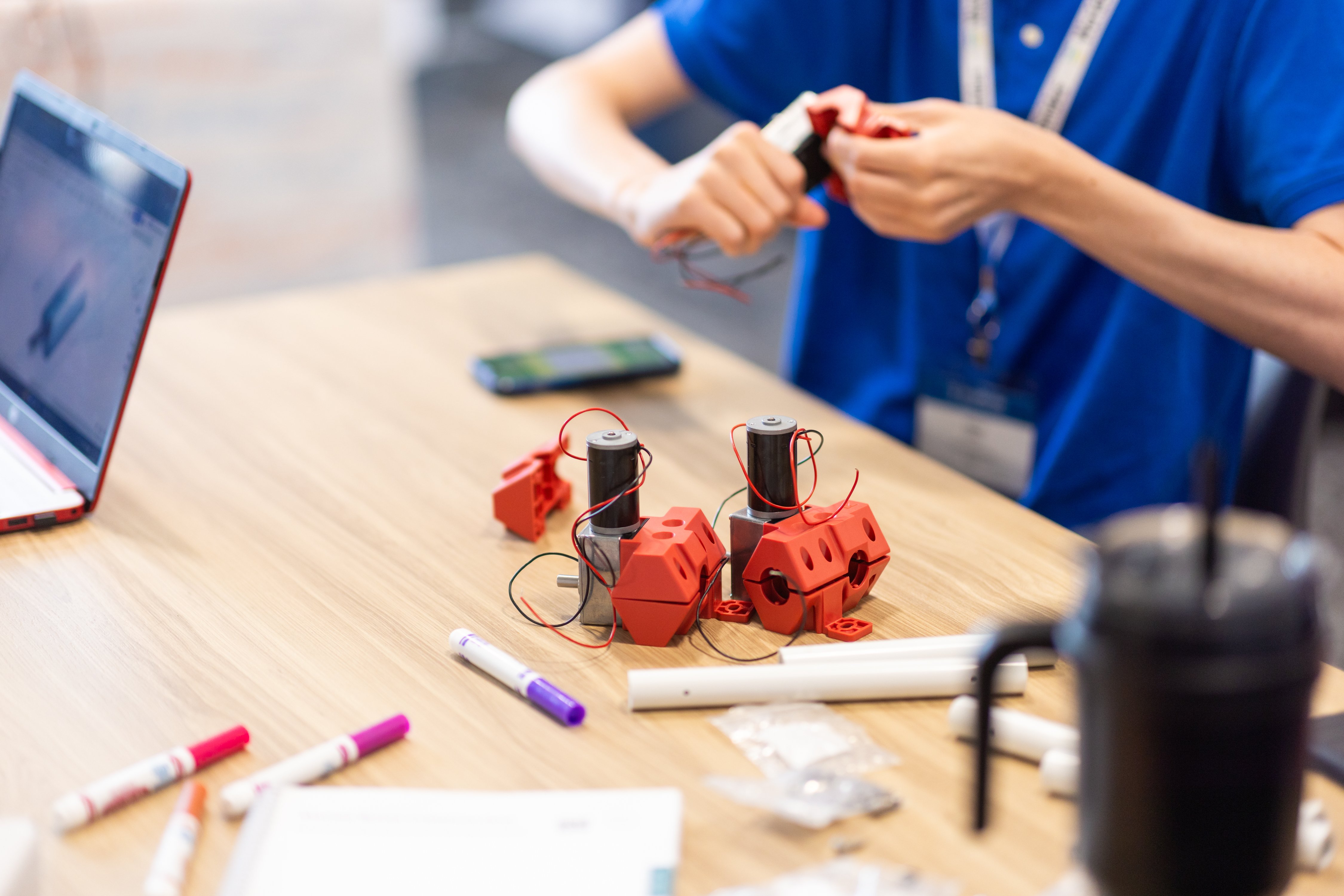
Campus Life Immersion
Experience what college life is really like by staying in dorms, exploring the campus, and getting a taste of university life that will help you feel confident and prepared for your own college journey.
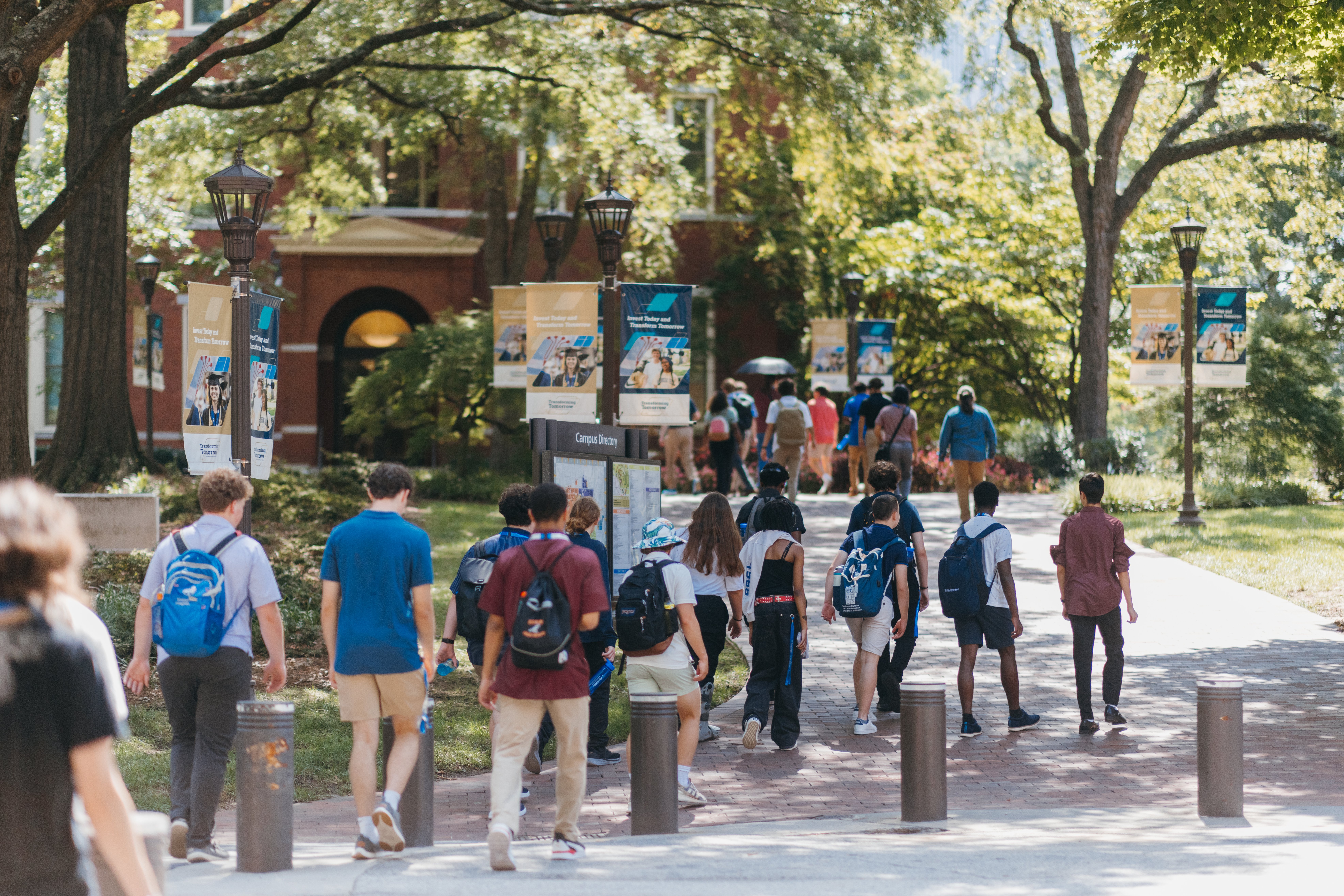
Expert Speaker Series
Gain insights into engineering careers and tech advancements by engaging with professionals from various disciplines through speaking events
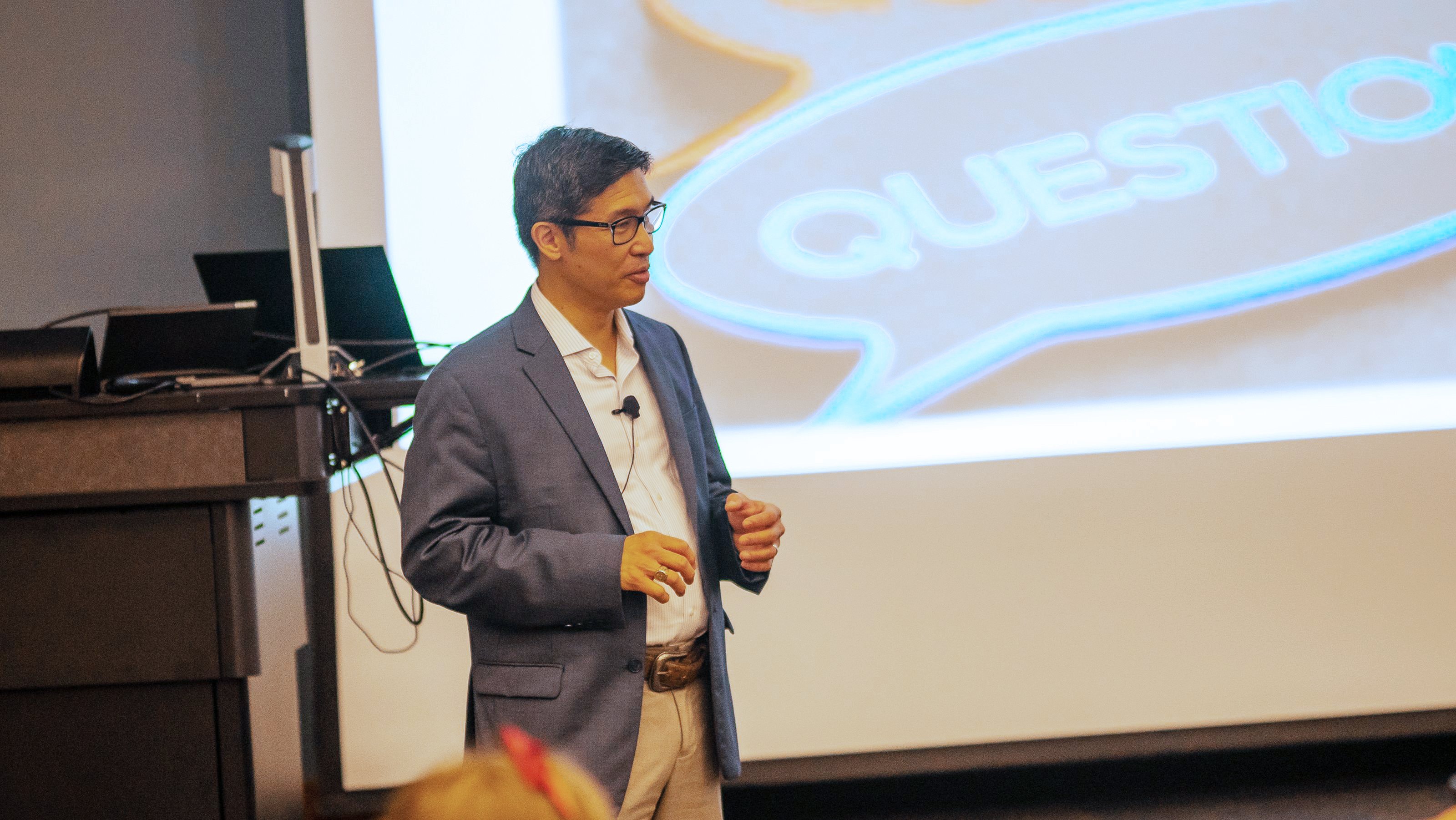
Collaborate, Compete, Create
Join team challenges that test your creativity, problem-solving, and ability to innovate under pressure, culminating in the Capstone Impact Challenge.
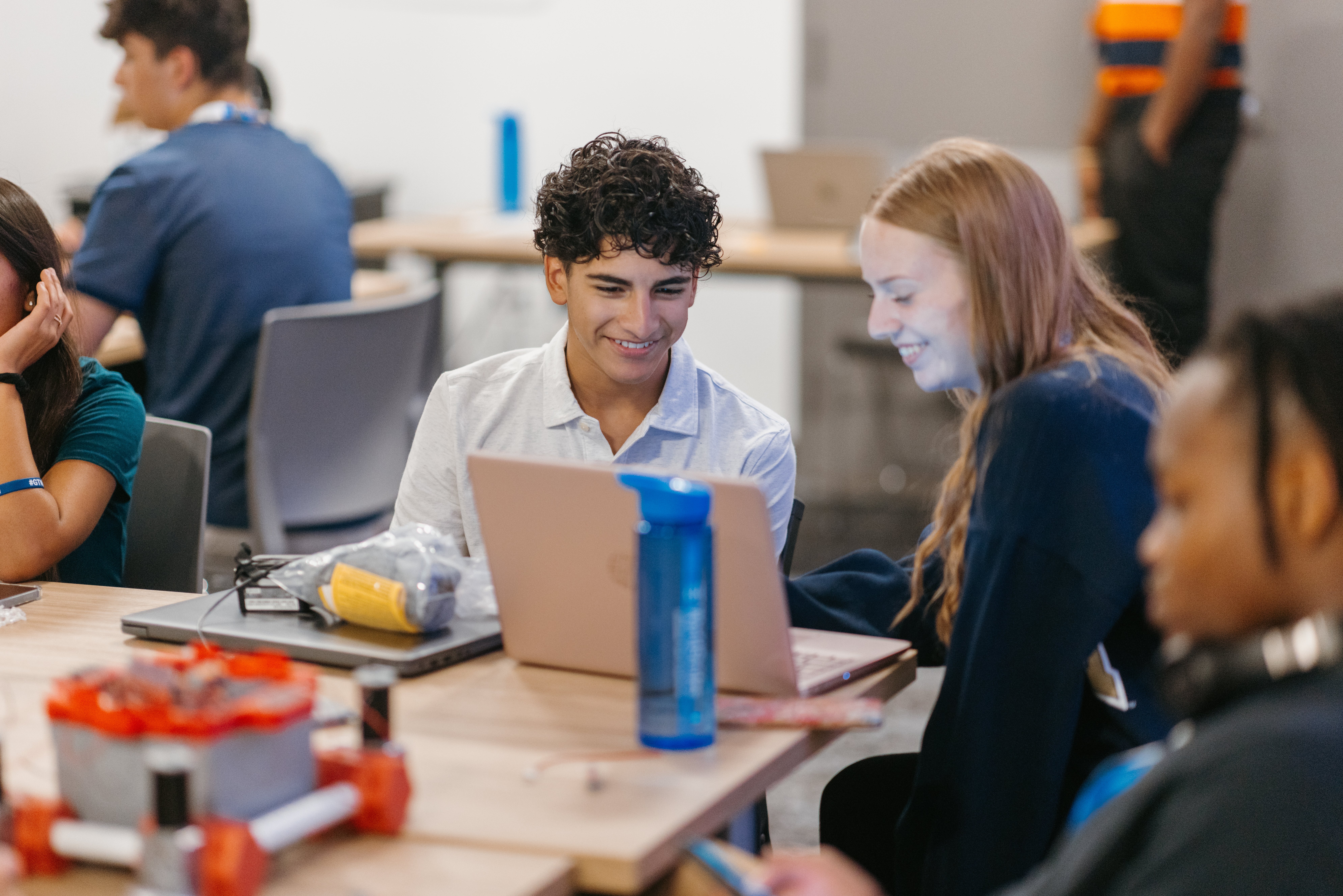

Designed to Launch Your Future
Hands-On Engineering and Design
You'll use Computer Aided Design (CAD) software to design and 3D print your own model rocket, program a microcontroller to fly a drone autonomously, and build electrical circuits just like the ones used in electric vehicles.
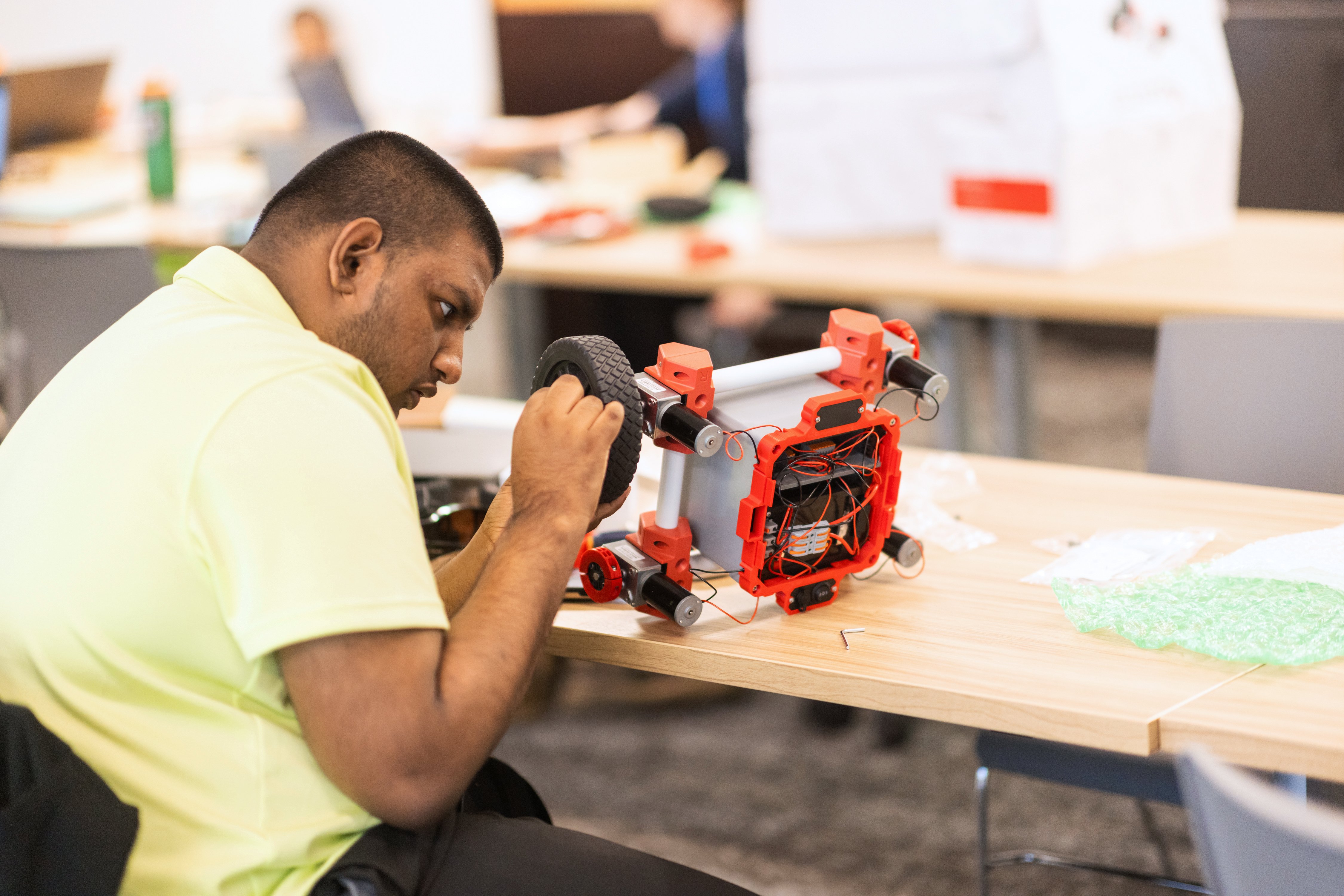
Develop Critical Social-Emotional Skills
You'll learn the five CASEL competencies: self-awareness, self-management, social awareness, relationship skills, and responsible decision-making. These essential skills will help you build the emotional intelligence and people skills you need to succeed in school and your future career.
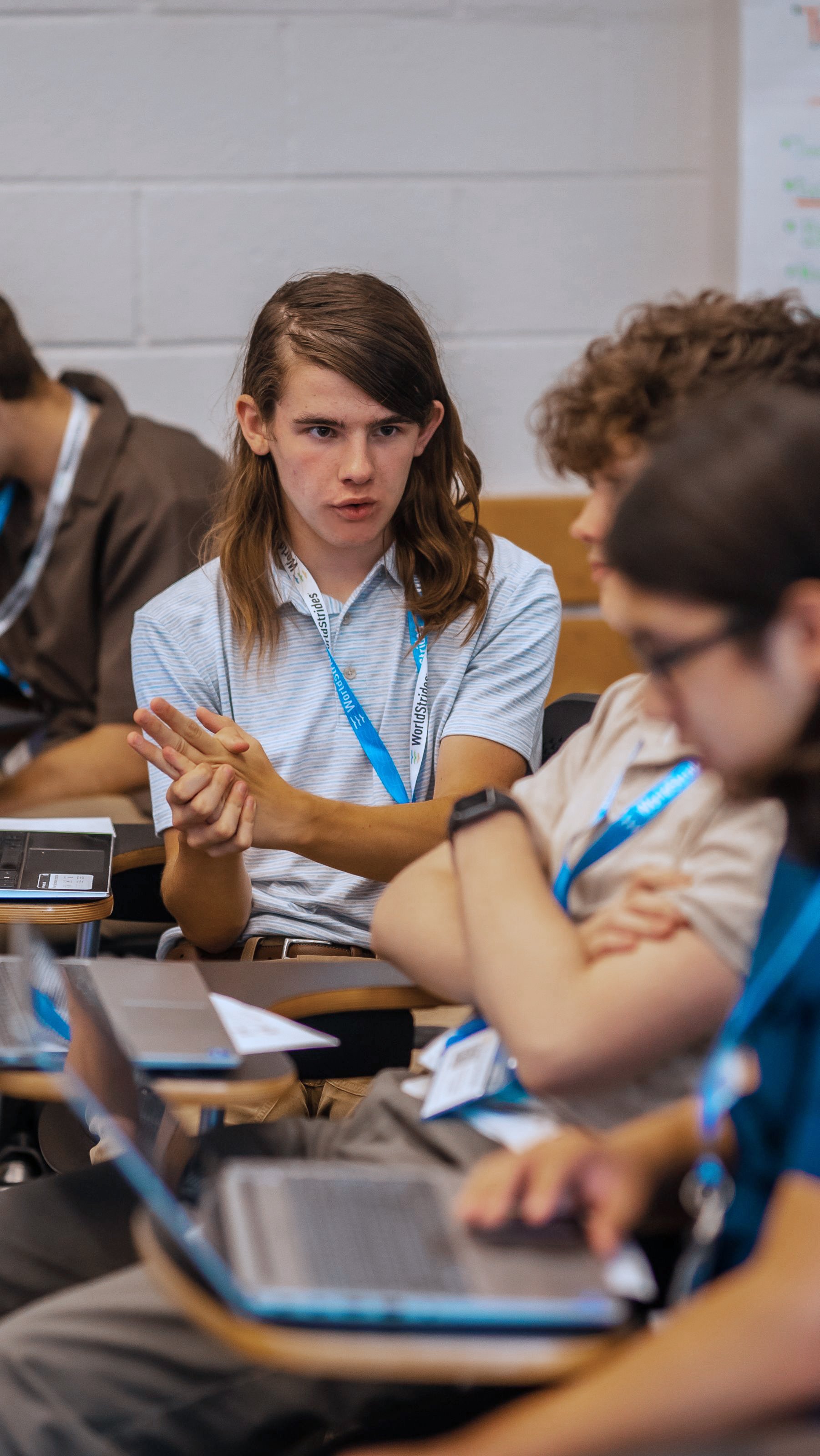
Certificate of Achievement
Earn a Certificate of Achievement upon successful completion of the program to elevate your resume and portfolio, for things like college applications or internships.
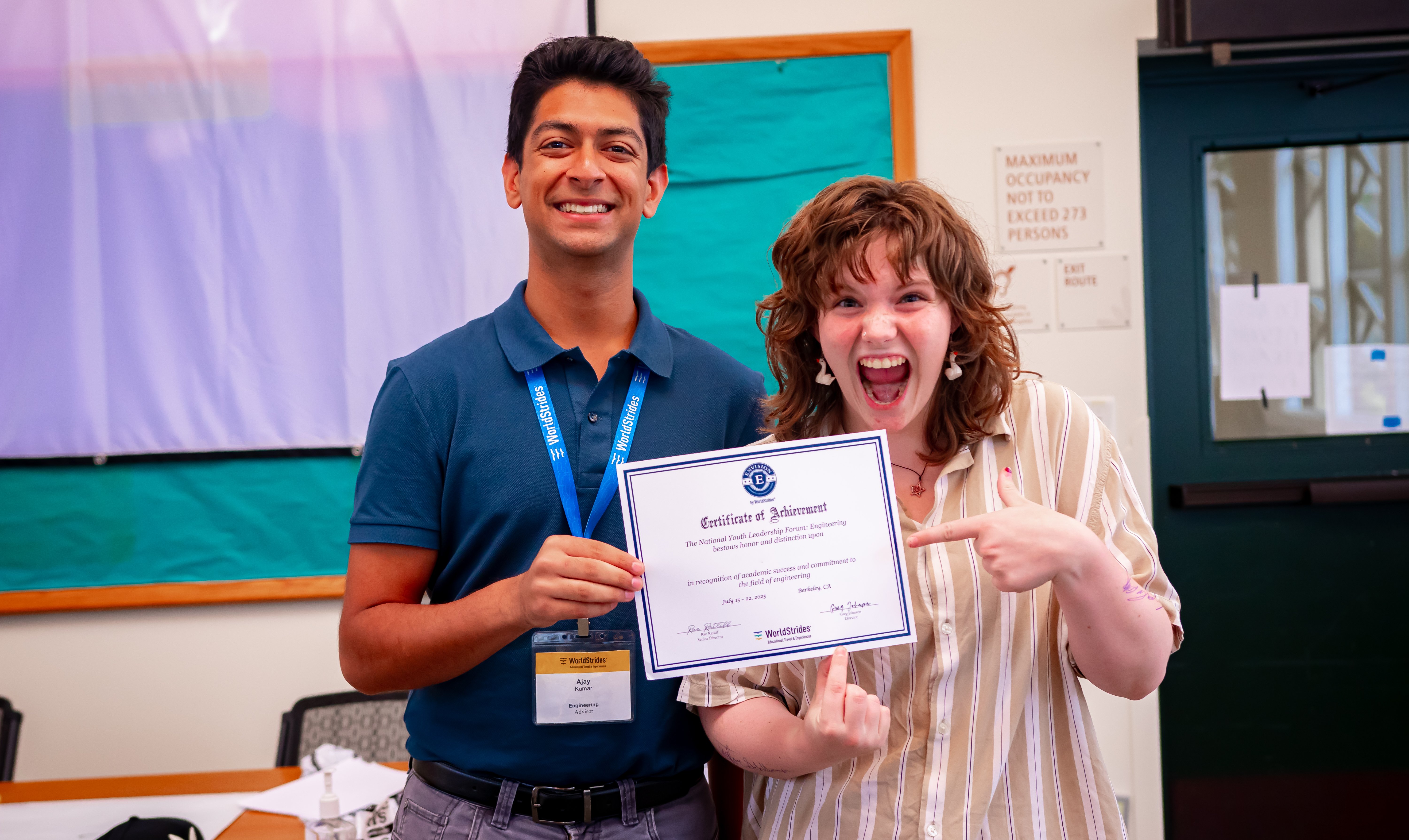
Service-Driven Impact Challenge Capstone
Your week culminates with a service-driven Impact Challenge where you'll pick from the UN's 17 Sustainable Development Goals and use everything you've learned to design and build a product that makes a real difference.
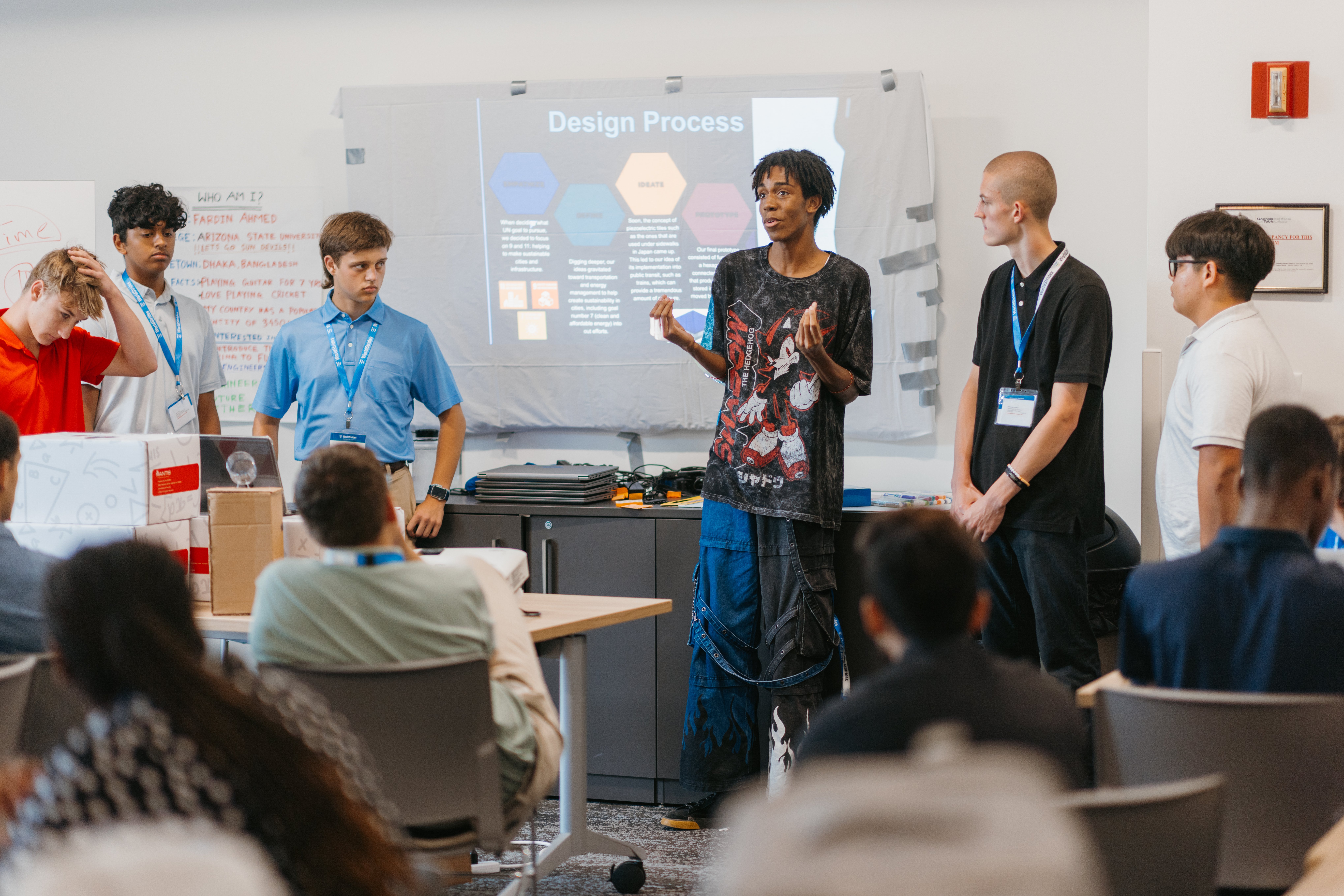

Dates, Locations, & Tuition
What does the price include?
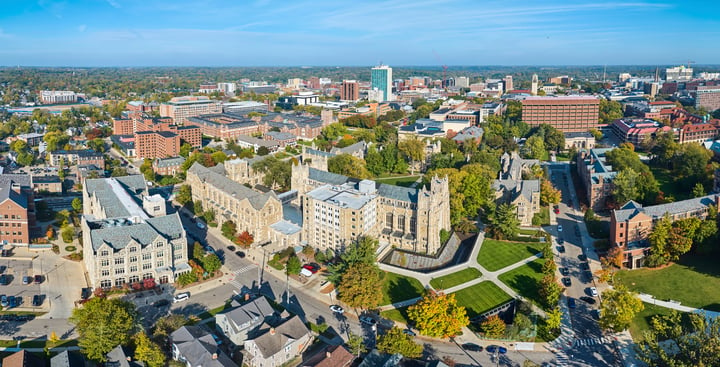
University of Michigan
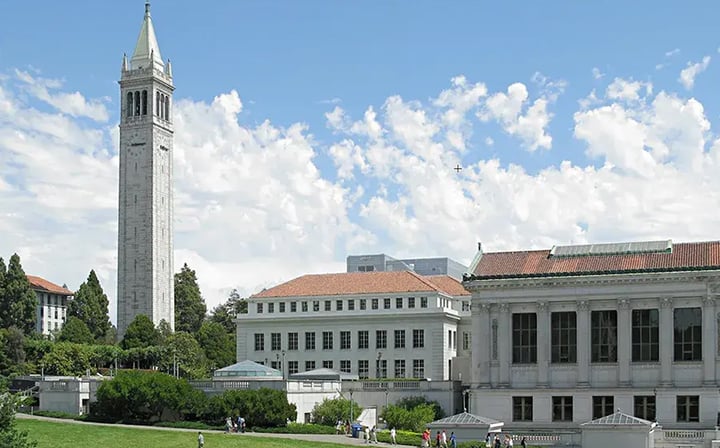
University of California, Berkeley
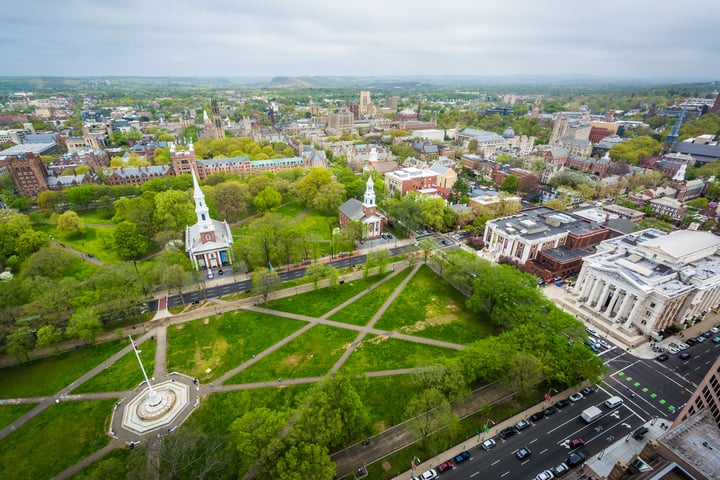
Yale University
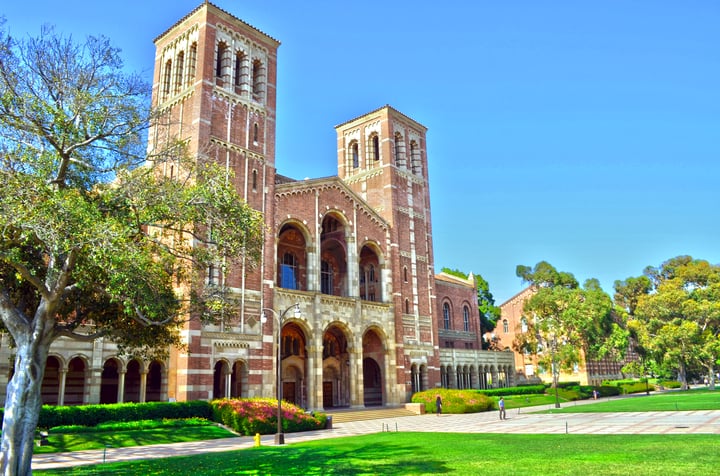
University of California, Los Angeles
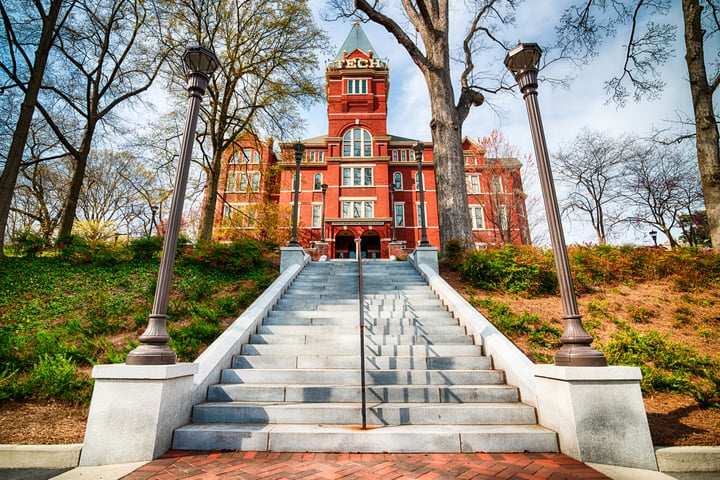
Georgia Tech
Residential & Commuter starting at $3,999.00
Residential & Commuter starting at $3,999.00
Please note: We are currently evaluating all aspects of NYLF Engineering and may make changes to the curriculum, site visits or program location to ensure the program meets the most up-to-date health and safety standards.
NYLF Engineering is operated independently of Yale University and is not sponsored or endorsed by the University. The views expressed in connection with the program are not the official positions, statements of advice nor opinions of Yale University and should not be viewed as an endorsement by Yale or any such views or statements.
This program is in no way sponsored by Georgia Institute of Technology, the Board of Regents of the University System of Georgia, or any other affiliated organization. NYLF Engineering is managed solely by Envision Experiences by WorldStrides.
Featured Extras
Polygence Experiences
Polygence offers three programs that connect high school students with expert mentors: Pod Program for group research projects, Core Program for individual 1-on-1 mentored research, and WorkLabs for hands-on startup experience with company founders.
Tuition & Travel Protection
Optional protection plan providing comprehensive coverage including trip cancellation, medical evacuation, baggage protection, and accident insurance with assistance services.
Gaming Online Experiences
The Gaming Online Experiences offers comprehensive online courses in Roblox game design, Unity development with C#, and Python AI/ML programming, providing aspiring developers with hands-on experience building real games through self-paced instruction from industry professionals partnered with George Mason University.
Sample Itinerary
* Exact itinerary will vary by session and location. Participants should reference the itinerary provided as part of their enrollment package.
Day 1
Walk through your host campus, explore academic spaces, and get a taste of what it’s like to be a future college student.
- Meet your Advisor and classroom group, participate in icebreakers, set expectations, and begin your journey as a team.
Day 2
Kick off your team’s Capstone project by exploring the UN Sustainable Development Goals and defining the real-world challenge you’ll tackle.
Hear from professionals about diverse opportunities in engineering fields, from civil and mechanical to chemical and electrical engineering.
Work with your peers to explore campus in a fun challenge that builds collaboration and camaraderie.
Day 3
Dive into electronics and coding as you design circuits, program a microcontroller, and see your work come to life in a drone flight.
Step into the shoes of a professional engineer by tackling a design challenge that combines creativity, teamwork, and problem-solving.
Collaborate with your team to set project goals and begin generating innovative solutions to address your chosen challenge.
Learn how today’s engineers are addressing global challenges with new technologies in fields like renewable energy and artificial intelligence.
Enjoy a fun, hands-on challenge that builds teamwork, strengthens problem-solving skills, and boosts confidence while creating unforgettable memories.
Day 4
Examine real-world case studies and learn how ethics influence engineering decisions that shape our world.
Experiment with wiring and circuit design as you learn how electrical systems drive innovations from vehicles to clean energy.
Bring your ideas to life by building prototypes, testing designs, and learning how engineers refine their solutions.
Gain insights into cutting-edge advancements like AI, robotics, and renewable energy that are shaping the future of engineering.
Test your knowledge in a lively trivia competition while building friendships, practicing your teamwork skills, and enjoying the fun side of the college experience.
Day 5
See how engineering is applied in the real world as you tour a local business, facility, or industry site.
Take in local sights and landmarks, then share a meal with peers as you explore your host city together.
Day 6
Begin constructing and programming a robot, applying engineering concepts in a fun, hands-on challenge.
Push your prototypes further as you refine, build, and prepare for your final Capstone presentation.
Hear directly from admissions representatives and college students about preparing for higher education and navigating campus life.
Spend time with your team reflecting on your progress, sharing feedback, and experiencing the campus community like a college student. Then begin planning your Lip Sync Battle routine—collaborating, choosing music, and preparing for the next night’s performance.
Day 7
Bring your robot to life by testing, troubleshooting, and running challenges that showcase your engineering and coding skills.
Finalize your projects, rehearse your delivery, and then take the stage to present your team’s solution. Share your ideas, demonstrate your prototype, and celebrate your achievements with peers and advisors.
Gather with your peers and advisors to celebrate achievements and receive recognition for your hard work.
Share highlights, laughter, and final memories with your team as you prepare for departure. Cap off the evening with a lively Lip Sync Battle, where you and your peers showcase your routine, celebrate your week together, and enjoy one last night of fun and connection.
Day 8
Head home with new memories, lifelong friends, and experiences you’ll carry into the future.
Students flying home will be escorted to the airport; all others will remain on campus until pick-up.
Health & Safety

College Credit
College Credit is included with tuition. Students attending select high school programs are eligible to receive college credit(s) through George Mason University. Credits are included in the cost of tuition and are awarded for successful completion of the program and credit requirements
Testimonials
Frequently Asked Questions
Nope. This is a serious, immersive experience for high school students who want to explore engineering at the next level. You’ll work with real tools and collaborate with peers who are just as driven as you are.
This program is perfect for high school students interested the diverse field of engineering, including mechanical engineering, electrical engineering, artificial intelligence, robotics, or civil engineering. No prior experience is required. Just curiosity and a passion for STEM.
You'll participate in rotational workshops focusing on CAD rocket design, robotics (drones and rovers), artificial intelligence, and electrical engineering. You'll also work on a program-long Capstone Impact Challenge.
Absolutely. You’ll walk away with hands-on project experience, college credit from George Mason University, and insights into college-level engineering, demonstrating your passion for STEM.
It’s a pre-college program that blends hands-on engineering challenges, team-based design projects, and real campus living. You’ll explore the engineering design thinking process, build prototypes, and gain experience that looks great on college applications.
